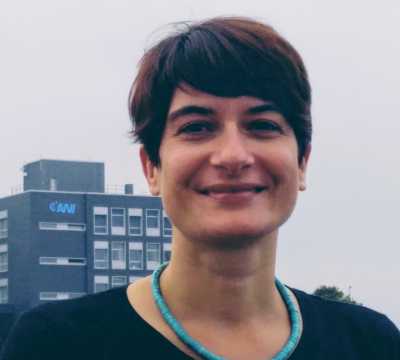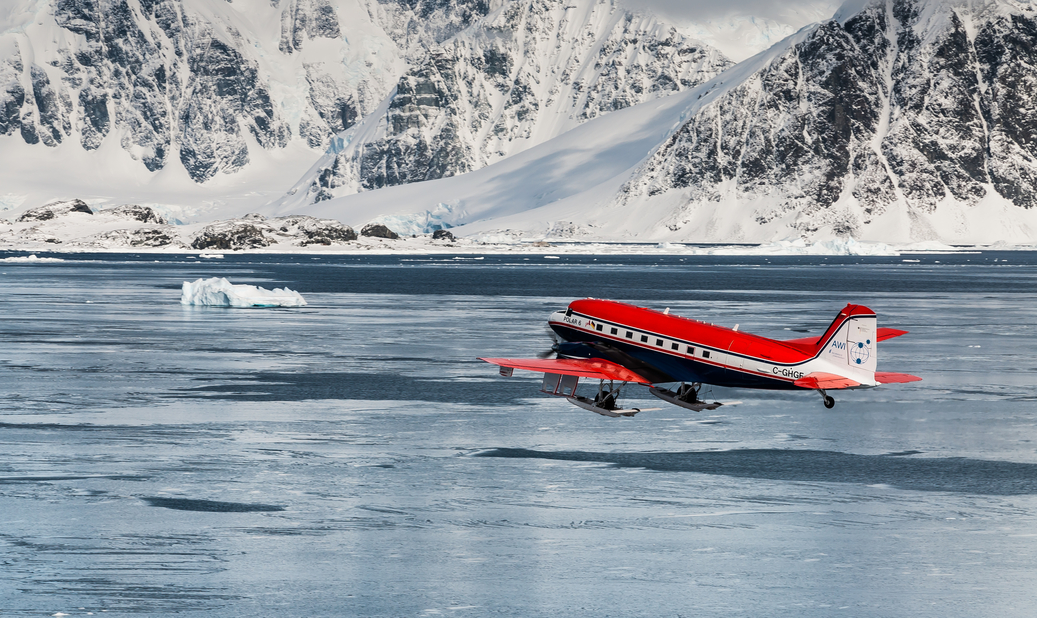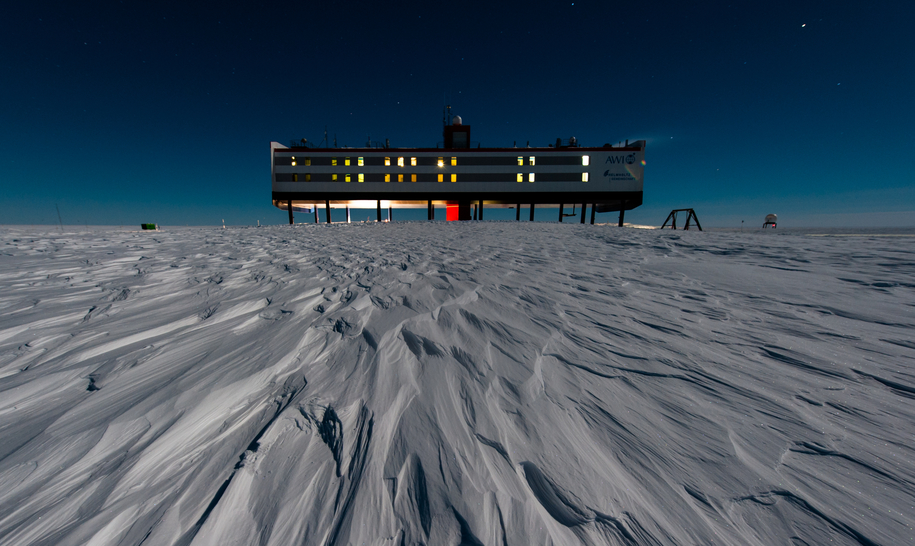 Luisa Cristini, Climate Scientist
Luisa Cristini, Climate Scientist
Artic Passion is a project that involves several partners from all over the world and aims to connect all climate observatories in the Arctic

Pollution and overexploitation of the oceans are causing more and more problems every day, starting precisely with increased acidification of the seas that erodes underwater biodiversity. But what can be done and what is already being done to reverse the trend?
In the new round of #BG4SDGs, our series of meetings dedicated to sustainability, we try to answer this question with the help of an outstanding guest Luisa Cristini to understand the status of the 14th SDGs "Life under the Seas."

Luisa Cristini is a climate scientist and project manager at the Alfred Wegener Institute who, in the field of polar and marine research, has coordinated and directed numerous world-class projects to discover more about the underwater world and analyze the health of not only the poles but also the oceans.
Among these projects Luisa Cristini mentions Arctic Passion.
"Artic Passion is a project that involves several partners from all over the world and aims to connect all climate observatories in the Arctic and then provide, in addition to data-sharing, pilot services such as map and database access, developed in collaboration with Arctic inhabitants such as the six indigenous communities that already participate in the project and integrate their knowledge by simplifying access and sustainability of observing systems in the years to come."

For Luisa Cristini, this has only been possible through cooperation between research centers, scientists and local communities who have joined forces to address the scientific, social and economic challenges associated with climate change at the North Pole. Free access to data and information collected in the Arctic now enables governments to develop evidence-based economic, policy, investment and social decisions by strengthening decisions made in terms of sustainability.
Scientific knowledge is thus a key driver for developing cutting-edge research capabilities with the goal of improving ocean health by protecting marine biodiversity and developing communities that base their economies on the sea.

Watch the full interview!
 Luisa Cristini, Climate Scientist
Luisa Cristini, Climate Scientist
Artic Passion is a project that involves several partners from all over the world and aims to connect all climate observatories in the Arctic